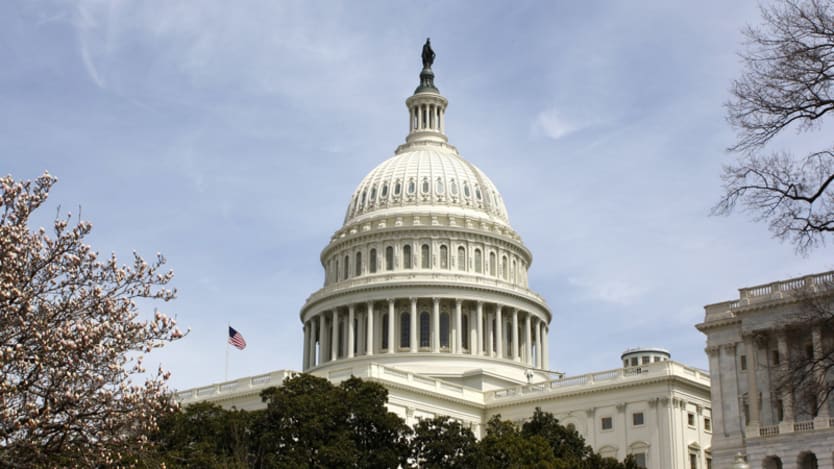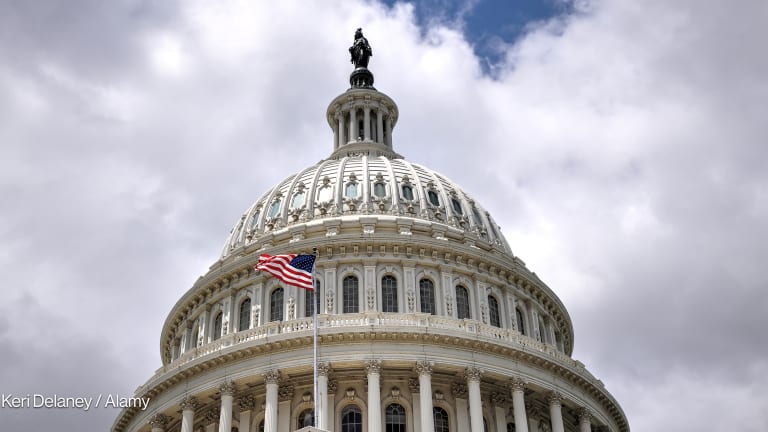
WASHINGTON — Despite concerns earlier in the year, a simple PEPFAR reauthorization bill has been introduced by a bipartisan group in the U.S. House of Representatives.
The three-and-a-half page, straightforward bill called the PEPFAR Extension Act of 2018, would extend the mandate of the U.S. President’s Emergency Plan for AIDS Relief through 2023.
The text of the bill amends the United States Leadership Against HIV/AIDS, Tuberculosis, and Malaria Act of 2003 to extend its end date from 2018 through 2023, the kind of “clean” extension bill many advocates had said they were looking for.
Even a few months ago it was unclear if there would be an effort to reauthorize PEPFAR or if the legislative authorization would lapse and the program’s mandate would be extended through the appropriations process.
A look at PEPFAR's strategy: Controversies and motivations
An in-depth look at some of the motivations and key questions about the new PEPFAR strategy announced in September.
At the heart of the tension was what would be included in the new bill, and whether the new version would include changes related to the Mexico City policy, or otherwise seek to change how PEPFAR can work with organizations that discuss abortion, or with vulnerable populations including sex workers.
In the end, the bipartisan group led by Chris Smith, a Republican from New Jersey and Barbara Lee, a Democrat from California, agreed on the simple extension, continuing a 15-year history of bipartisan support of the program.
“Our strong, bipartisan proposal to extend the program for another five years is particularly important in this politically polarized time, and we call upon our colleagues in the House and the Senate to put aside partisan differences and find common ground,” the co-sponsors said in a statement.
They also vowed to work together to maintain consensus and try to get the bill passed quickly, as the current authorization expires at the end of September.








